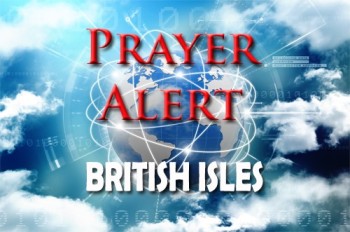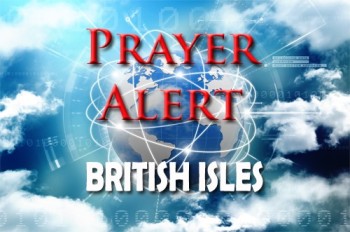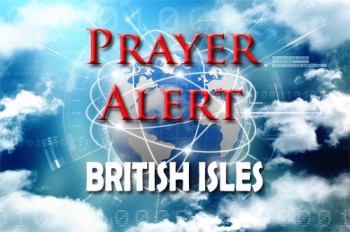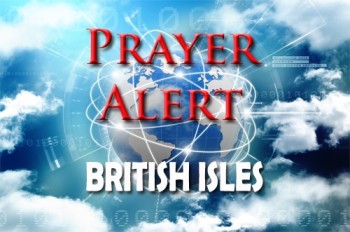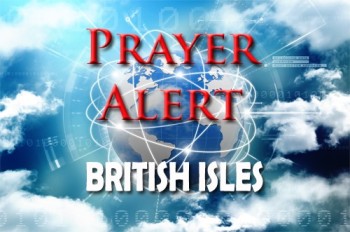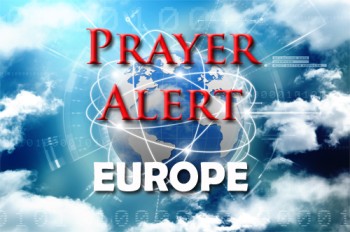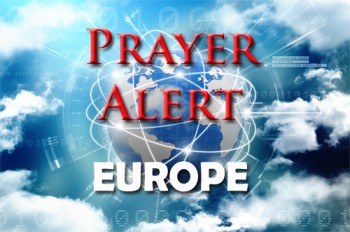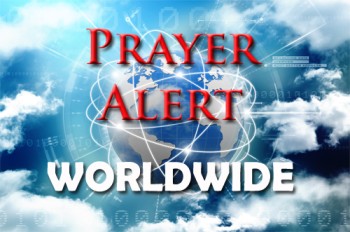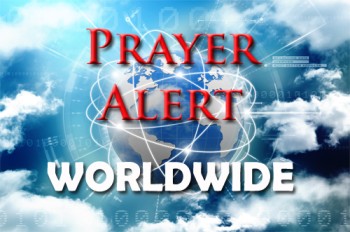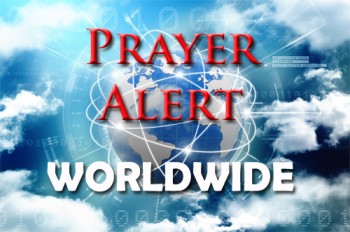Reform leader turns fire on Labour, calls for election
Shifting focus from his usual target, the Tories, Richard Tice, leader of Reform UK, has coined the term 'Starmergeddon ' to describe the potential consequences of a Labour election victory. Despite ongoing speculation, he remained noncommittal about Nigel Farage's role in Reform's campaign. Labour, preparing for a possible spring election, faces Tice's accusations of betraying working-class voters, particularly on immigration. Tice outlined Reform's policies, including raising the income tax threshold and reducing fuel duty, while advocating for stricter immigration controls. In a strategic shift from 2019, when the party, then known as the Brexit Party, stood down in several Tory seats, Tice said it would contest every seat in England, Scotland, and Wales. He dismissed the concern that Reform would split the conservative vote, focusing instead on challenging the current political landscape. Tory deputy chairman Lee Anderson expressed concern over Reform's potential impact, suggesting Farage's leadership could be crucial for their success. Tice, however, remains unfazed.
Revealed: almost half of British teens addicted to social media
Nearly half of British teenagers feel addicted to social media, according to a recent study. This concern coincides with increasing scrutiny over the impact of big tech platforms on users, especially young people. The study, involving around 19,000 individuals born between 2000-2002 in the UK, found that 48% of respondents felt a lack of control over their social media usage. The data, revealing a higher proportion of girls (57%) than boys (37%) feeling this way, suggests a problematic relationship with these platforms. Researchers emphasise that feeling addicted doesn't equate to clinical addiction but indicates an unhealthy relationship with social media. The findings come amidst broader concerns about digital technology fostering compulsive behaviours, as evidenced by the WHO's recognition of 'gaming disorder' and the US surgeon general's warning about social media's risks to mental health. This study highlights the growing need to understand and manage the complex relationship between young people and digital technologies.
2023 - UK’s second-warmest year ever
2023 stands as the second warmest year on record in the UK, following 2022, with a mean temperature of 9.97°C. This year, Wales and Northern Ireland both experienced their warmest years ever since records began in 1884. The year was marked by notable heatwaves in June and September, contributing to eight of the twelve months being warmer than average. June was the hottest on record, and September tied for the joint-hottest. This warming trend aligns with global climate patterns, with human-induced climate change playing a significant role. The UK's climate has been consistently warming, with the ten warmest years occurring since 2003. Climate studies suggest that such high temperatures, a rarity in the past, are now becoming increasingly common due to human activity. The year also saw significant rainfall, with the UK experiencing 11% more rain than average. Northern Ireland recorded its third wettest year, and England its sixth wettest. These wet conditions, combined with the warm temperatures, indicate the changing climate patterns, suggesting a trend towards hotter, drier summers and warmer, wetter winters in the UK. The full UK State of the Climate report, detailing these findings in depth, is set to be released later in 2024.
Kids Company founder Camila Batmanghelidjh dies
Camila Batmanghelidjh, the founder of Kids Company and a prominent social justice campaigner, passed away at 61. Known for her significant contributions to supporting deprived and vulnerable inner-city children, she started Kids Company in 1996 in South London, reaching up to 36,000 young people. Although she stepped down in 2015 amid allegations of mismanagement, she was later cleared of any wrongdoing by the High Court. Batmanghelidjh, who had been ill for some time, passed away peacefully in her sleep on 1 January, her birthday. She was remembered for her unwavering dedication to Britain's most vulnerable children, spending her last Christmas wrapping presents for them. Born in Iran and arriving in England at 12, she overcame significant personal challenges and achieved a first-class degree from the University of Warwick. She was recognised for her vibrant personality and influence, rubbing shoulders with politicians and celebrities like David Cameron and Coldplay, and her impact on social welfare and child support remains significant. Steve Chalke, Baptist minister and founder of Oasis Charitable Trust, said he would ever be grateful to Ms Batmanghelidjh, 'for her wisdom and depth of love for children'.

